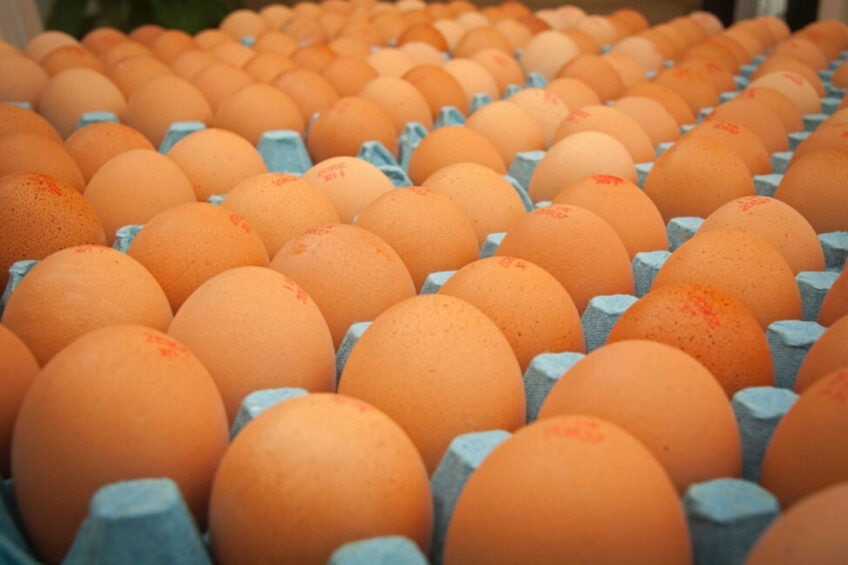Tajikistan: surge in egg prices despite rising production

Egg prices have nearly doubled in Tajikistan in the background of increasing foreign sales and expanding production costs.
The Tajik news outlet Asia-Plus reported that some retailers link the recent price hikes to a rapid rise in sales to foreign customers. Export prices are believed to be higher than those on the domestic market.
The official statistical information indicated that during the first 4 months of 2022, egg export from the country totalled US$18 million. There is no clarity on whether this figure is actually higher than in the previous year since the country’s statistical services disclose information sporadically.
Expensive import is to blame
On the other hand, Tajik poultry producers attribute the rise in egg prices to skyrocketing feed costs. Tajikistan imports feedstuff, including corn, soybean and wheat, from neighbouring countries, primarily from Kazakhstan.
In a recent statement, the Antimonopoly Service also attributed the upward price rally on the egg market “to negative external factors”, which seems to be a reference to soaring global grain prices.
The entire region is affected
Asia-Plus said that egg prices are going up in several countries in the region. In Uzbekistan, this trend has been further influenced by a government decision to impose VAT on poultry feed, feed additives and veterinary drugs.
Kazakhstan has also been struggling against a price hike in the eggs market during 2022, attributed mainly to expanding feedstuff and energy prices.
Rising production
In 2021, Tajikistan farms manufactured 800 million eggs, the official statistical data indicated. In the first half of 2022, this figure reached 576.1 million units, up 24.5% compared with the same period of the previous year.
Asia-Plus said that this year, the production is likely to cross the 1 billion mark, though it will fall short of fully meeting domestic demand, which is estimated at 1.6 billion units per year.
Not enough feed mills
Over the past few years, the Tajik government provided support to the poultry industry, encouraging the construction of several new broiler meat and egg farms.
However, the country desperately lacks feed production capacities. In the first 9 months of 2022, the country imported 110,000 tonnes of feed worth US$90 million.
Logistics issues
In addition, Tajik firms source from the EU, Kazakhstan, Uzbekistan and Russia. Some supply chains might have been disrupted this year due to the sanctions imposed by the EU against Russia, as the logistics restrictions reportedly hit some transport routes lying through central Asia.












